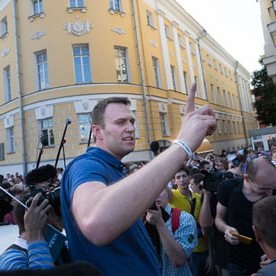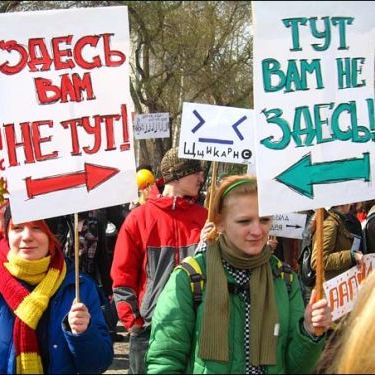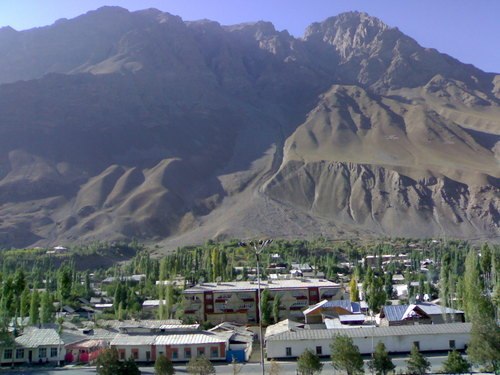Barely noticed in the United States and Europe, where security analysts pile their files on Egypt on top of dossiers on Brazil and Turkey, the political crisis in Russia reached a new phase last week as the Kremlin intensified its persecution of the opposition. The main instrument of these repressions is the criminal investigation, and the main focus of the campaign is the court case against fierce anti-corruption blogger and fast-rising politician Alexei Navalny, who stands accused of organizing an embezzlement scheme in provincial Kirov (Novaya Gazeta, July 5). Dismissing the objections of Navalny’s legal defense team, the judge brought the proceeding to a close, thus giving the defendant and his associate Petr Ofitserov the opportunity to address a far wider audience than just the crowded court room with their last words. Ofitserov refused to plea for leniency, calling to mind the trial ten years ago of Mikhail Khodorkovsky, who recently celebrated his 50th birthday behind bars (Forbes.ru, July 2). Navalny went even further by asserting that the “disgusting feudal regime” in Russia must be destroyed and that nobody has the “right to neutrality” in this struggle (http://newtimes.ru/articles/detail/69047/ ).
His words resonated in Moscow where 57 percent of respondents (compared with 44 percent throughout all of Russia) are of the opinion that the authorities only want to silence Navalny, while he stubbornly continues his campaign in the mayoral elections (Gazeta.ru, July 5). Meanwhile, the court case in Moscow against protesters accused of provoking clashes with police in May 2012 continues to drag toward a pre-determined verdict (Moskovsky Komsomolets, July 5). Marking a serious escalation in the government’s attacks on the “malcontents” was the arrest of Evgeny Urlashov, the mayor of Yaroslavl, who won elections last year against an official candidate and continued to defy the Kremlin’s control over regional political processes (http://lenta.ru/articles/2013/07/03/urlashov/ ). The party of power, United Russia, may suffer a severe loss of support in Yaroslavl because of that crudely fabricated bribery case, but it was deemed necessary to make an example out of Urlashov—no political challenges would be tolerated (Forbes.ru, July 4). […]
See the full article | © Eurasia Daily Monitor











